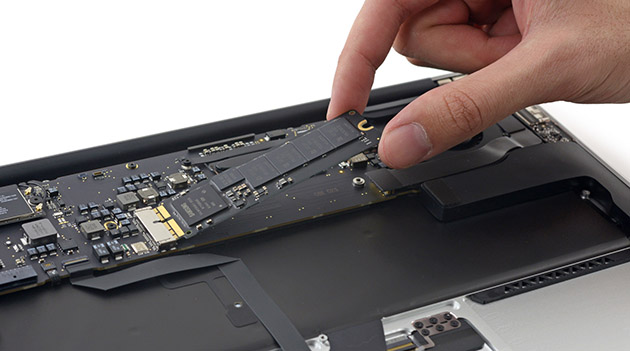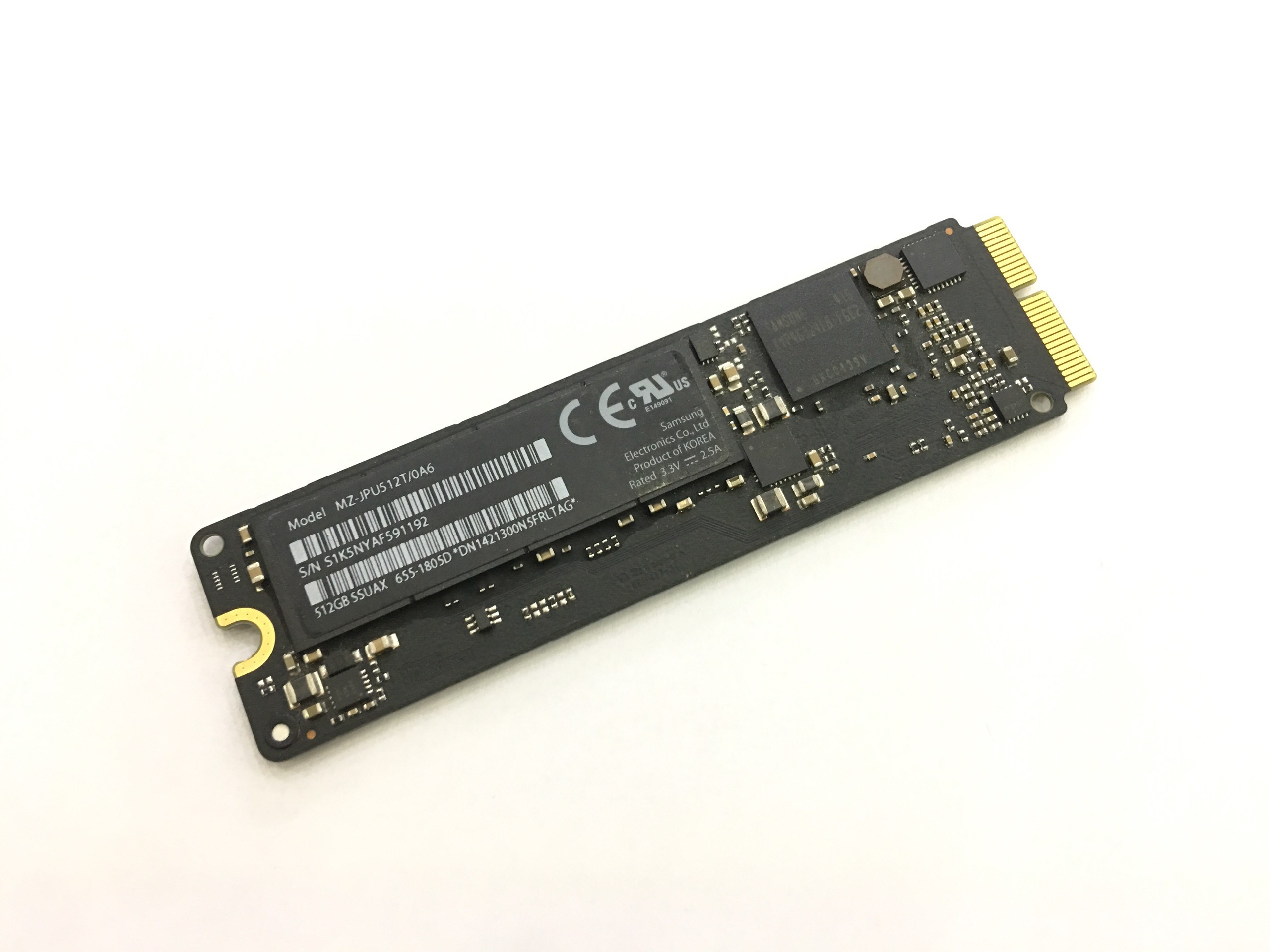

There’s no such thing as too many backups, so why not use both? You Don’t Need the Internet to Access Your Data They’re great for storing images, videos, and files. This isn’t to say you should avoid cloud services.
#Samsung solid state drive for macbook air password
Even then, you can still password protect and encrypt the data stored on your external SSD, or take it one step further by choosing an SSD with a built-in biometric security factor, as this option does). If the device you store your data on isn’t connected to the internet, someone would have to break into your house and physically steal it to get at the data. Cloud services have repeatedly been hacked, and vulnerabilities are constantly being discovered. Even if someone had remote access to your computer, they can’t get at your personal data if it is on an external drive you have stashed in a drawer. If you’re concerned about personal information, an SSD can provide an extra layer of security. Solid-State Drives Provide an Extra Level of Security I’ve lost count of the number of flash drives that I’ve left plugged into a college computer, left in my jeans on wash day, or just misplaced and never saw again over the years. I don’t recall ever misplacing an external HDD or SSD. So even though your SSD still uses flash memory to store the bulk of your files, the wear on that memory will be greatly reduced, and your drive will have a significantly longer lifespan.įlash drives are also easier to lose and harder to find. DRAM doesn’t wear out either, unlike flash memory. Both devices are similar, but many SSDs use a DRAM cache to speed up how commonly accessed data is delivered. If you’re shopping for around 1TB of storage, there isn’t even a huge price gap either. You can connect an external SSD via a SATA port, but the chances are you’ll be using one of the same USB ports you’d plug a flash drive into. So what about flash drives? They’re smaller than SSDs, more durable than HDDs, and pretty fast. The lighter, more durable solid-state drive will almost certainly be fine, whereas the heavier, more fragile hard disk drive may not fare so well.

But consider dropping both drives or knocking them from the edge of a table. This is where weight comes into things. Chances are, the few ounces of difference between an SSD and an HDD won’t bother you, and you won’t even feel the difference in something like a bag. Alternatively, an SSD has no moving parts, and you would need to utterly destroy the thing to wipe out the data stored on it. A good knock may render the drive inoperable, or worse, damage the disk itself and the data stored on it.

While external hard disk drives are designed to take more of a punch than the drive you may have screwed into your desktop, they are still fragile.


 0 kommentar(er)
0 kommentar(er)
